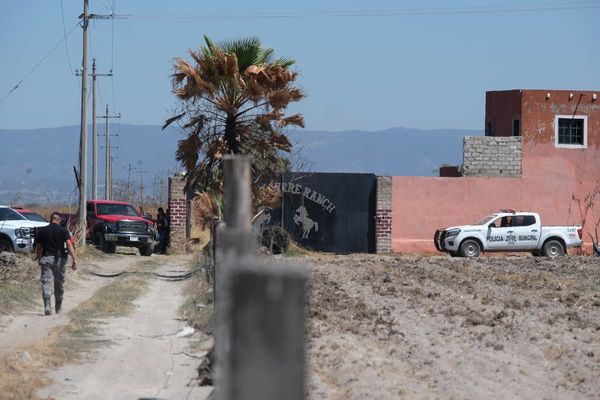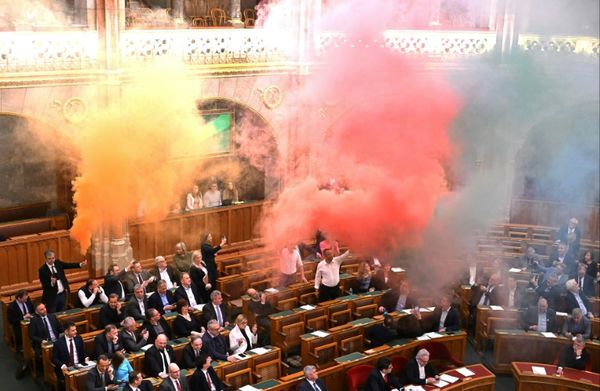
Austria is in the thick of a debate about the origins of the “homeland” anthems that celebrate its federal states after the Nazi allegiances of their composers were brought to light by a group of prominent authors.
The authors are calling on regional politicians to rewrite some of the anthems and to acknowledge the melodies’ Nazi-era roots.
According to the group, the anthems of four out of the countries’ nine Länder, or states, are tainted. It has written to the leaders of Upper Austria, Carinthia, Lower Austria and Salzburg, urging them to take action. In some cases it says that whole verses should be erased or that single lines identified as problematic should be dropped and that historical research is carried out on their origins and musical composers.
The authors, including Robert Menasse, Doron Rabinovici and Gerhard Ruiss, have been accused of “cancelling history” by two local leaders in Carinthia, from the Social Democrats and the far-right populist FPÖ, who are refusing to give in to their demands.
The authors deny the claims. “In all these cases this is not about cancelling history,” IG Autorinnen Autoren said. “It’s about dissociating ourselves from antisemitism, racism, nationalism and national socialism … ensuring historical political falsehoods are discontinued and ensuring, as would be a worst case, that they are not resurrected.”

The anthem considered most flawed is that of Carinthia, the text of which was written by Agnes Millonig, considered a fully fledged Nazi, which contains the line: “Where we scribed our borders with blood.” The final line: “That is my beautiful homeland,” is a reference to Germany, to which Austria was annexed in 1938. The authors have called for the line to be scrapped.
According to historical researchers, the composer of Salzburg’s national anthem, Ernst Sompek, was also a Nazi enthusiast, joining the party when it was still illegal to do so, who composed music inspired by and in the name of the party.
Upper Austria’s so-called Hoamatgsang or Heimat (homeland) song, was penned in 1874 by Franz Stelzhamer, who was well-known for his antisemitic views, writing in an essay calling for the genocide of Jews, that he wished to “knock off the head of the Jewish tapeworm”. The authors have said the necessity to acknowledge Upper Austria anthem’s origins and the antisemitic diatribe of its author was all the more important because it was the state in which the Nazi leader Adolf Hitler was born.
Lower Austria’s anthem was written by the Nazi party member Franz Karl Ginzkey. There, the state government has called for a historical study to be carried out on the song, but has insisted no changes need to be made to the text.
The authors criticised the style of the lyrics for encouraging a “subservient mentality” and for being “kitschy-pathetic pomposity”.
The authors have signalled their readiness to collaborate with any rewriting.







